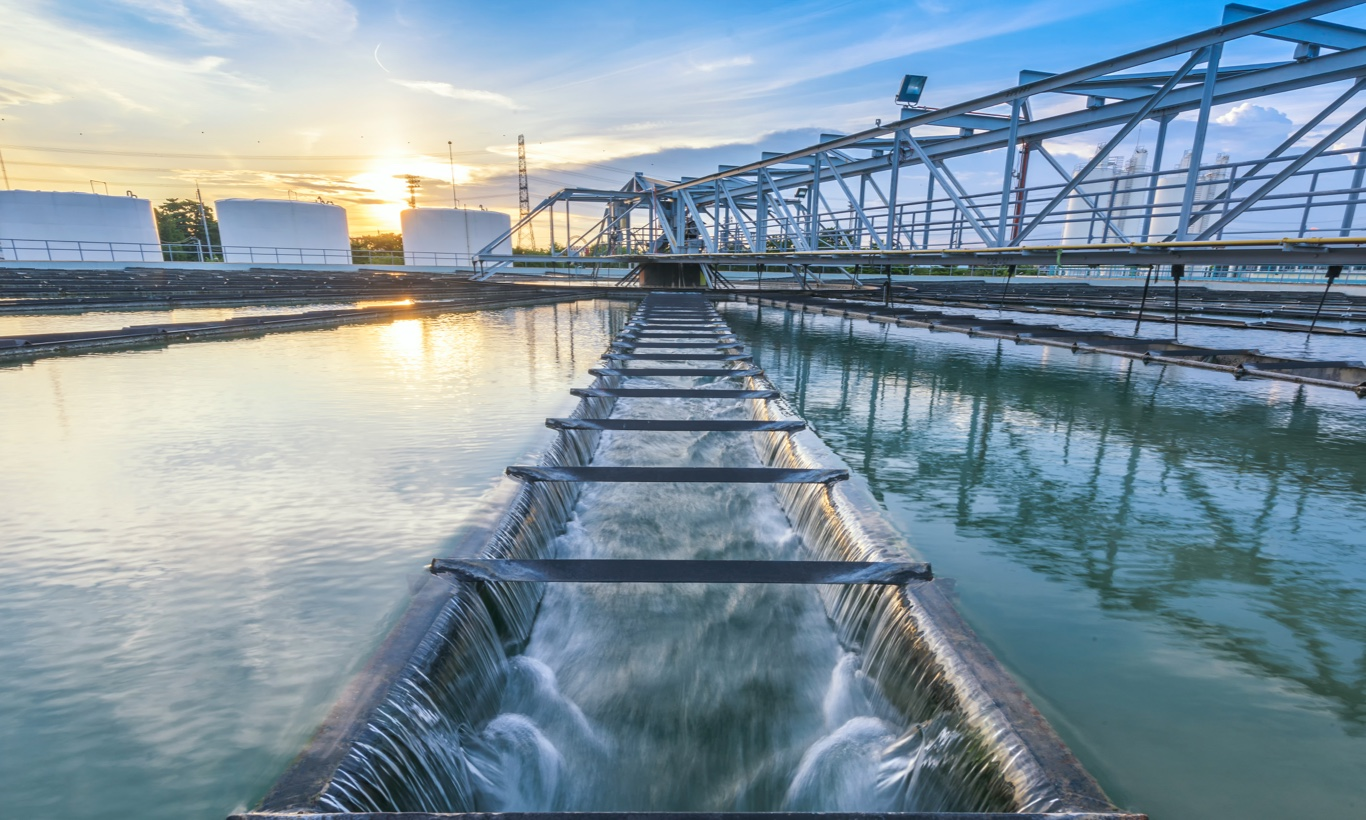According to a study carried out by Groupe AGECO for Réseau Environment, improving the water infrastructures in Québec would cost 49 billion $ over 25 years. This number is more than double the 22 billion $ budget proposed by the provincial government for their maintenance. However, investing in water comes with considerable advantages.
An Impressive Return on Investment
The study proposes a scenario to cover the investment deficit while improving the quality of the infrastructures. In total, the profits in this investment scenario are of 47 billion $. For every dollar invested, Québec would make a return of 1.72$ (72%). This return on investment is simply remarkable!
“This study confirms the suspicions the Foundation has had for the last 10 years; investing in water is both essential from an environmental and social perspective, as well as from an economic one. We were primarily looking for an environmental impact, but we are pleased to discover that there is a clear positive economic impact as well!” - Francois de Gaspé Beaubien, president of the Foundation’s board of administration
To Summarise:
- Investments forecasted over the next 25 years: 22 billion $
- Investments required over the next 25 years: 49 billion $
- Deficit over the next 25 years: 27 billion $
- ROI on 49 billion $ investment: 1.72$ on every dollar spent
Why we Should Invest in Water
Our current infrastructures not only need maintenance, but optimization. Climate change is already having an important impact on our freshwater supply, as well as on its infrastructures (intakes, treatment plants, pressure control chambers, etc.). Water preservation and management is an important issue everywhere around the world; Québec and Canada will not be spared.
Considering the lack of investments over the last decades and the ever more present impacts of climate change, the risk of major malfunctions is more and more important in Quebec’s fresh water system. The events witnessed recently in Laval and Iqaluit can’t be normalized.
Effects on Our Health
The investment scenario recommended by the Réseau Environnement would allow for the improvement of fresh water treatment processes, wastewater treatment, a reduction in the number of contaminants caused by wastewater overflow (for the Montreal region), as well as the reduction of waste water’s contribution to the development of antibiotic resistance in pathogen agents. This would result in over 500 million $ saved per year.
Effects on Ecosystems and the Environment
The Réseau Environnement also takes the health of our ecosystems and the environment into account. According to the study, reducing waste water overflow into our ecosystems would generate 324 million $ in profits and less degradation in the quality of water and the environment everywhere in Québec.
Improving Climate Resilience
The recommended investments would allow us to improve our capacity to manage the increase in flood risk caused by climate change, as well as the capacity of our waste water systems to efficiently transport and treat wastewater. In turn, this would reduce the risk of damage to municipal infrastructures related to water, the cost of exploiting these infrastructures, and treating wastewater.
Réseau Environnement's Motivations
This exploratory study should be used as a social tool and a solid source of information to support decisions related to water management. Réseau Environnement explains: ”In order to support public authorities, Réseau Environnement would like an estimate of ROI for Québec’s water infrastructures. In this way, we will be able to demonstrate the importance of making water infrastructures a key objective in Québec’s economic recovery.”
The de Gaspé Beaubien Foundation thanks Réseau Environnement for their initiative.
In Summary, Investing in Water Pays Off!
We now have proof that adequate water management is profitable. The de Gaspé Beaubien Foundation has had a feeling about this for a long time and is happy to share the news! Aside from the economic impact, water impacts every socio economic aspect in our society.


